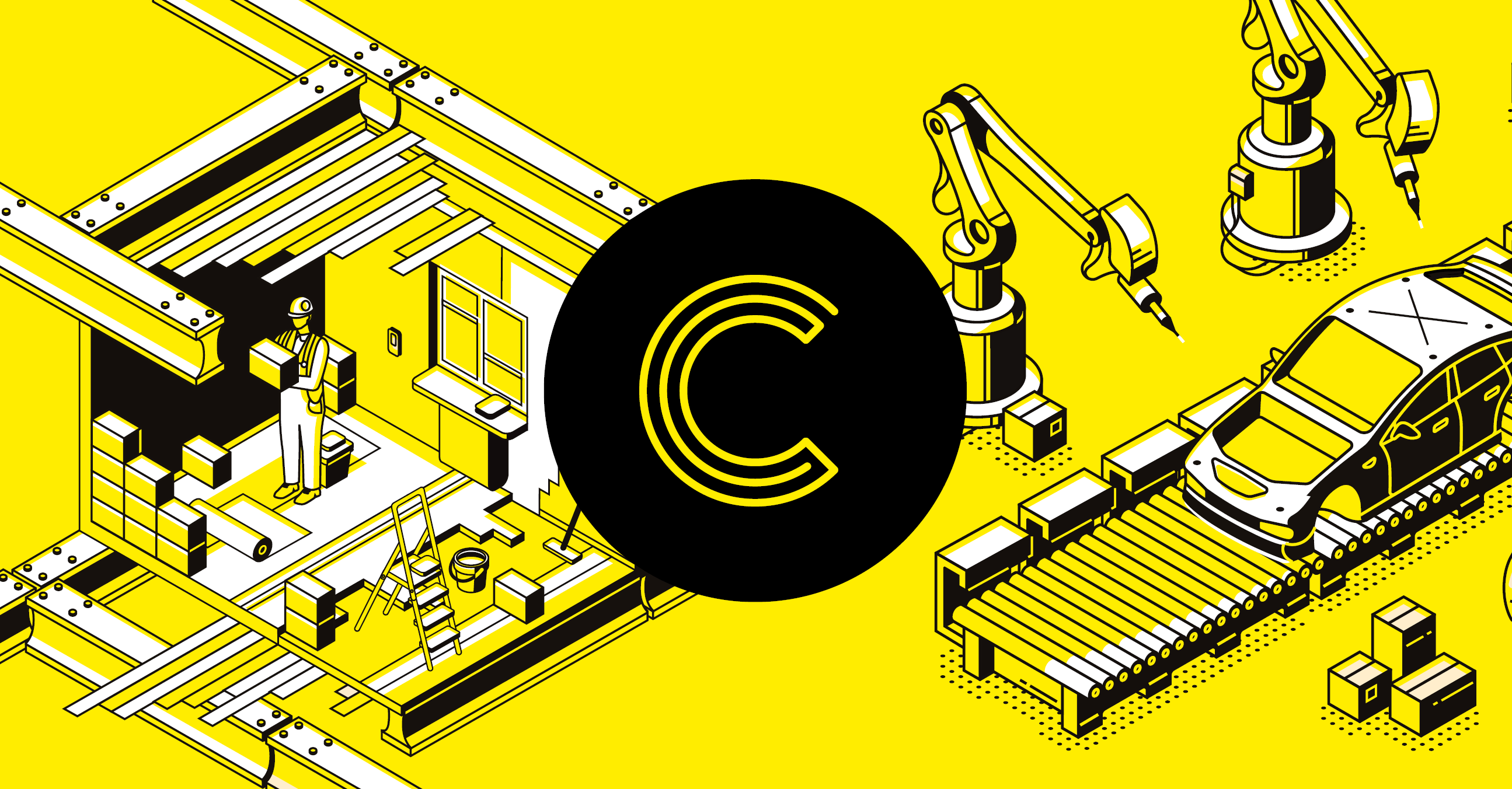
Handwerk und Baukunst digital verknüpft
Mehr als acht Millionen Euro investiert der Freistaat in die Einrichtung von 13 interdisziplinären Digitalisierungskollegs an 17 Hochschulen in Bayern. Eines davon entsteht an der OTH Regensburg: das Cyber Crafting Kolleg (CCK).
„Damit wollen wir die digitale Bildung in den Bereichen Architektur und Bauingenieurwesen revolutionieren“, sagt Prof. Dr.-Ing. Thomas Linner. Laut Prof. Christophe Barlieb geht es darum, kleine und mittlere Unternehmen im Bauwesen zu befähigen, „neue, digital getriebene Produkte und Dienstleistungen anzubieten“.
Über die neuen Digitalisierungskollegs sagt Wissenschaftsminister Markus Blume: „Der digitale Wandel ist ein absolutes Schlüsselthema für unseren zukünftigen Wohlstand. Deshalb qualifizieren wir Studierende in ganz Bayern dafür, zentrale Fragen der Digitalisierung zu durchdringen und sich über Fächergrenzen hinweg mit ihren Auswirkungen auf die Gesellschaft auseinanderzusetzen. Mit der thematischen Bandbreite und der Qualität der neuen Digitalisierungskollegs präsentieren sich unsere Hochschulen einmal mehr als Schrittmacher gesellschaftlicher Innovation.“
Die OTH Regensburg hat mit ihrem Förderantrag für das CyberCraft Kolleg (CCK) eine vom Staatsministerium für Wissenschaft und Kunst beauftragte, unabhängige Expertenkommission überzeugt. „Als Hochschule für angewandte Wissenschaften haben wir immer den Praxisbezug und den Bedarf der Wirtschaft in der Region im Blick – und sind zugleich Treiber von Innovationen“, sagt Präsident Prof. Dr. Ralph Schneider. Das CCK verbinde die langjährige Digitalisierungs-Expertise der OTH Regensburg gerade im Bereich des integrierten, digitalen Bauens mit den radikal neuen Denkweisen, die Prof. Christophe Barlieb (Fakultät Architektur) in seinem „Cybercraft-Paradigma“ niedergeschrieben hat und Prof. Dr.-Ing. Thomas Linner (Fakultät Bauingenieurwesen) in seiner Buchreihe „Handbooks in Construction Robotics“ zur Anwendung von Bauautomatisierungslösungen analysiert hat.
Neueste Methoden in Einsatz bringen
Zentral für das neue Digitalisierungskolleg ist der Ansatz, neueste wissenschaftliche und technologische Methoden und Erkenntnisse gemeinsam mit Unternehmen aus der Region in der Praxis zum Einsatz zu bringen. Linner bringt hier seine Erfahrung in der Auffassung vom „Bauen als ein menschzentriertes Produktionssystem“ ein. Barlieb ist ausgewiesener Experte im Bereich der digitalen Transformation von handwerklichen Aktivitäten und Prozessen.
Das CCK will daher von Anfang an mit Verbänden sowie lokalen Unternehmen aus der Bau- und der Technologiebranche zusammenarbeiten. Das Kolleg wird von der Regensburg School of Digital Sciences (RSDS) und den Fakultäten Architektur und Bauingenieurwesen der OTH Regensburg getragen. Es richtet sich dediziert interdisziplinär an Studierende aller Fachrichtungen, um deren Potential für das Bauen und das Handwerk zu erschließen.
Bau- und Handwerkskultur stärken
Energie- und Ressourceneffizienz in den Bereichen Wohnen, Mobilität, Infrastruktur, Arbeiten,
Gesundheit – Barlieb und Linner sind überzeugt: Das Bauwesen agiert als Innovationstreiber quer durch alle Gesellschaftsbereiche. Das CCK will die Bau- und Handwerkskultur in der Region stärken. Mit der Unterstützung von kleinen und mittleren Unternehmen bei Integration und Anwendung neuer digitaler Technologien. Und vor allem mit der Ausbildung von jungen Menschen, die als die Fachkräfte von morgen nach Abschluss des Studiums fächerübergreifendes Know-how aus Architektur und Bauingenieurwesen, aber auch aus Maschinenbau, KI oder Elektrotechnik in die Betriebe mitbringen.
Und nicht zuletzt verfolgt das CCK eine bewusste Veränderung des Innovationsprozesses: Statt von oben nach unten, von unten nach oben: Mikroinnovationen anhand konkreter Problemstellungen in Bau und Handwerk, von denen langfristig die gesamte Baubranche profitieren soll.
Weitere Infos zu „Cybercraft: Das neue Paradigma“ gibt es hier: cybercraft-lab.oth-regensburg.de/portfolio/cybercraft-das-neue-paradigma/
The Free State of Bavaria is investing over eight million euros to establish thirteen interdisciplinary digitization colleges at seventeen universities in Bavaria. One of them is being created at OTH Regensburg: the Cyber Crafting Kolleg (CCK).
“We want to revolutionize digital education in architecture and civil engineering with this project,” says Prof. Dr.-Ing. Thomas Linner. According to Prof. Christophe Barlieb, the aim is to enable small and medium-sized enterprises in the building industry to “offer new, digitally driven products and services.”
Speaking about the new digitalization colleges, Science Minister Markus Blume says: “Digital transformation is a key issue for our future prosperity. That is why we are qualifying students throughout Bavaria to penetrate key digitization issues and address its impact on society across disciplinary boundaries. With the thematic range and quality of the new digitization colleges, our universities are again presenting themselves as pacesetters of social innovation.”
An independent commission of experts appointed by the State Ministry of Science and the Arts was impressed by OTH Regensburg’s application to fund the CyberCraft Kolleg (CCK). “As a university of applied sciences, we always keep an eye on practical relevance and the needs of the economy in the region – and at the same time, we are drivers of innovation,” says President Prof. Dr. Ralph Schneider. The CCK combines the long-standing digitization expertise of OTH Regensburg, particularly in integrated, digital construction, and the radical new ways of thinking that Prof. Christophe Barlieb (Faculty of Architecture) laid down in his “Cybercraft Paradigm” and with Prof. Dr.-Ing. Thomas Linner (Faculty of Civil Engineering) analysis in his “Handbooks in Construction Robotics” publication series on the application of construction automation solutions.
Putting state-of-the-art methods into practice
Central to the new Digitization College is the approach of putting the latest scientific and technological methods and findings into practice with regional companies. Linner brings his experience in conceptualizing “construction as a human-centered production system” to this effort. Barlieb is a distinguished expert in the digital transformation of traditional craft activities and processes.
The CCK intends to collaborate with associations and local companies from the construction and technology industries from the outset. The Regensburg School of Digital Sciences (RSDS) and the architecture and civil engineering faculties at OTH Regensburg support the college. It is aimed at students from all disciplines in a dedicated interdisciplinary approach to unlock their potential to benefit construction and the craft sectors.
Strengthening construction and handicraft cultures
Energy and resource sustainability in housing, mobility, infrastructure, work, and health – Barlieb and Linner are convinced: the construction industry serves as an innovation driver across many aspects of society. The CCK wants to strengthen the building and handcrafting cultures in the region by supporting small and medium-sized enterprises in integrating and applying new digital technologies; above all, by training young people who, as the skilled labor of tomorrow, by bringing interdisciplinary know-how from architecture and civil engineering, along with mechanical engineering, AI, or electrical engineering, to the companies.
Last but not least, the CCK is pursuing a deliberate change in the innovation process: instead of top-down, bottom-up: Micro innovations based on concrete problems in construction and trade, from which the entire construction industry should benefit in the long term.
More information on “Cybercraft: The New Paradigm” is available here: cybercraft-lab.oth-regensburg.de/portfolio/cybercraft-the-new-paradigm/

